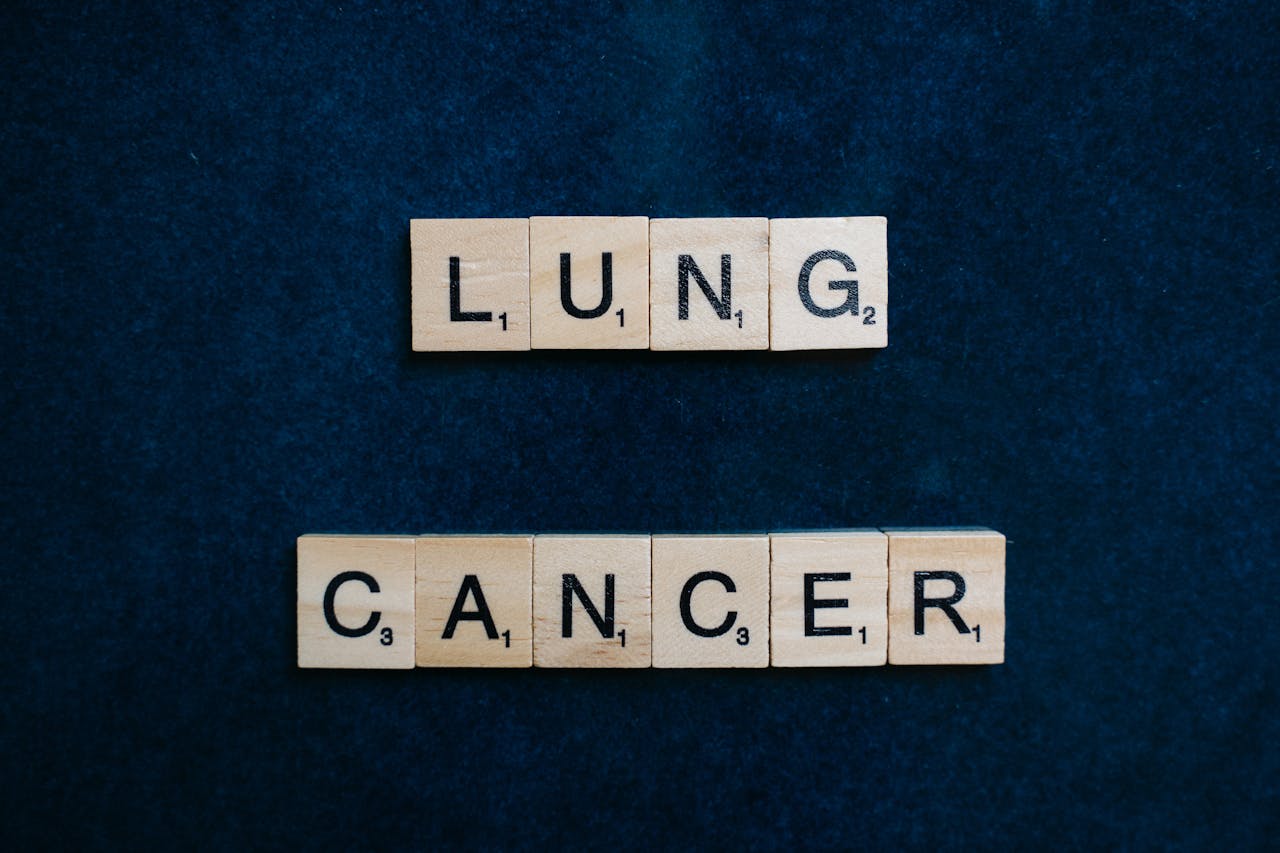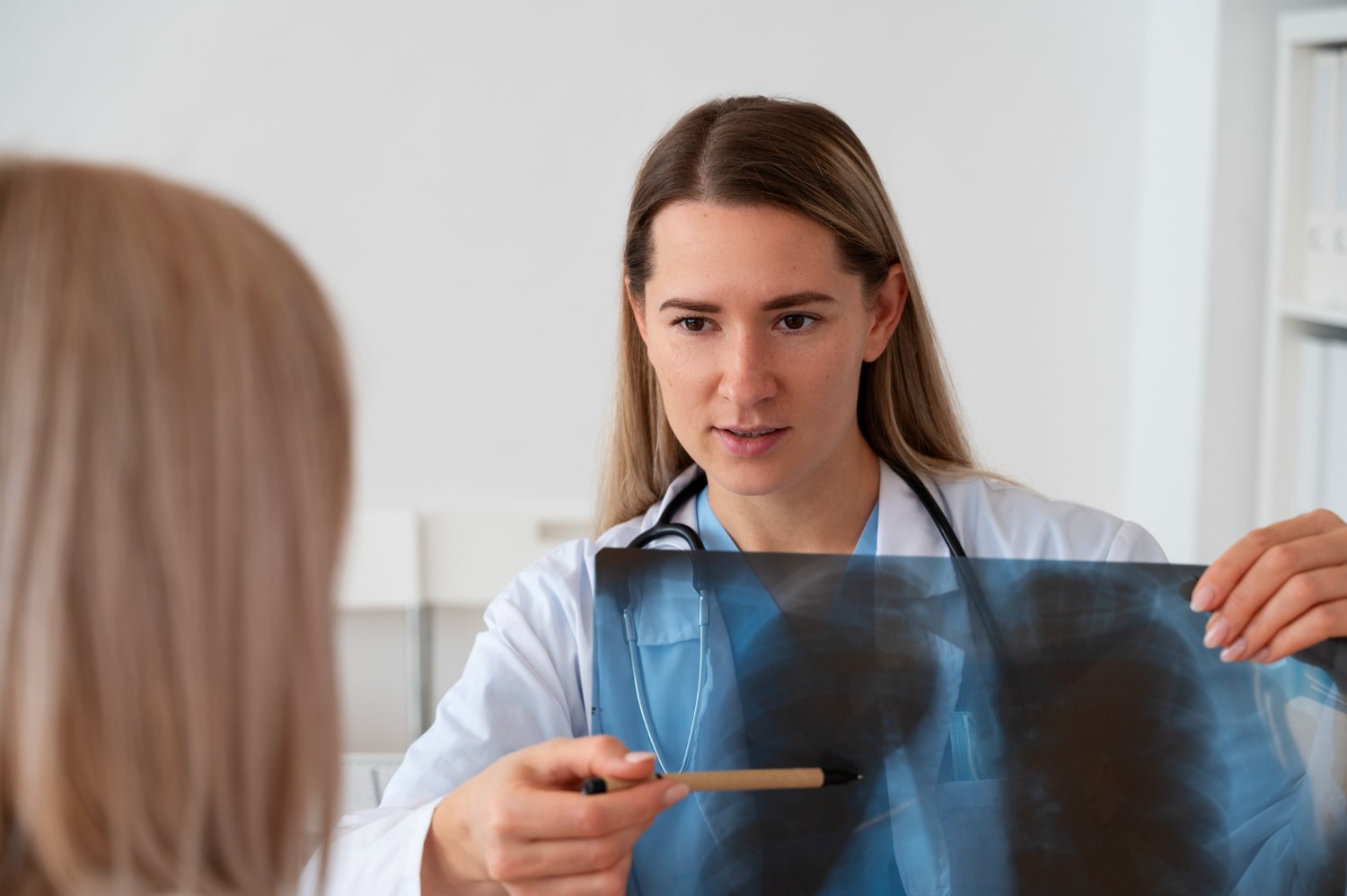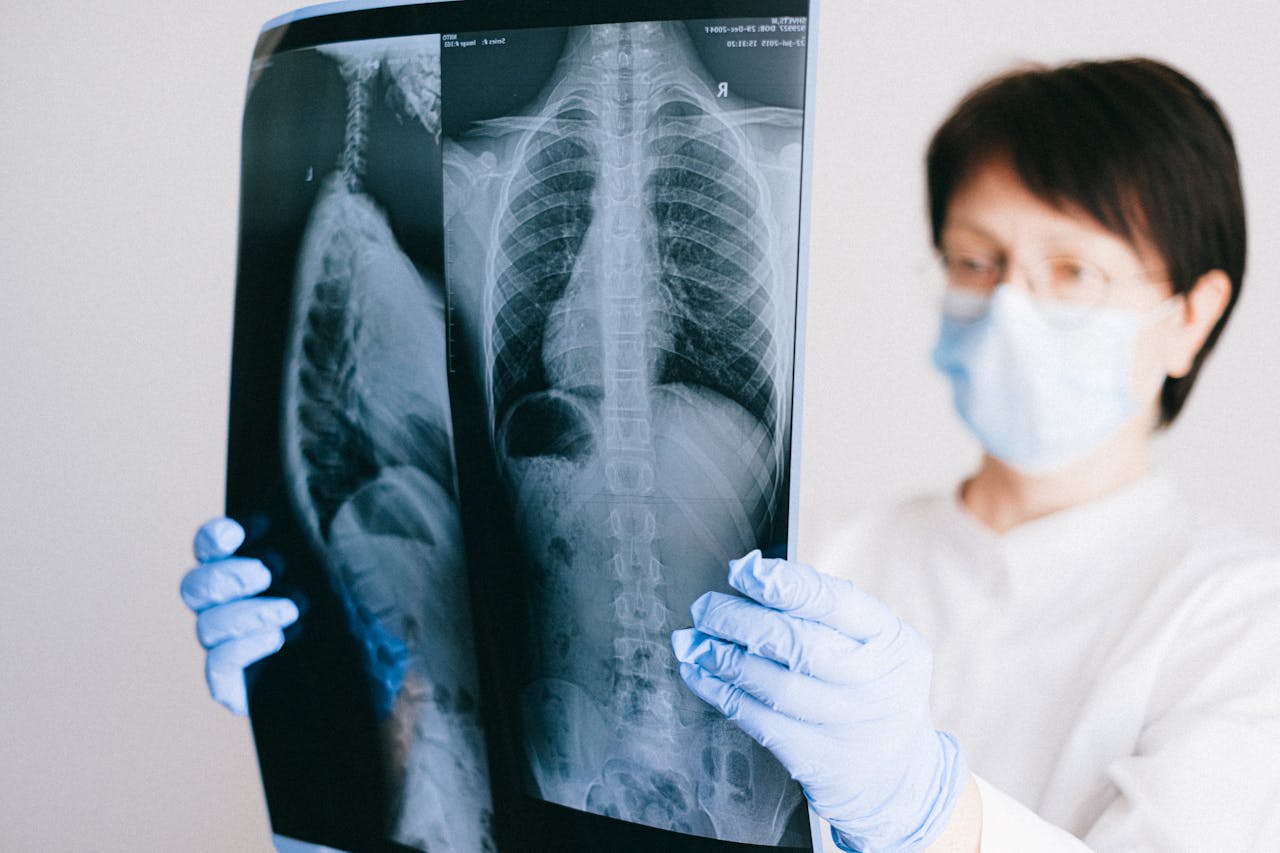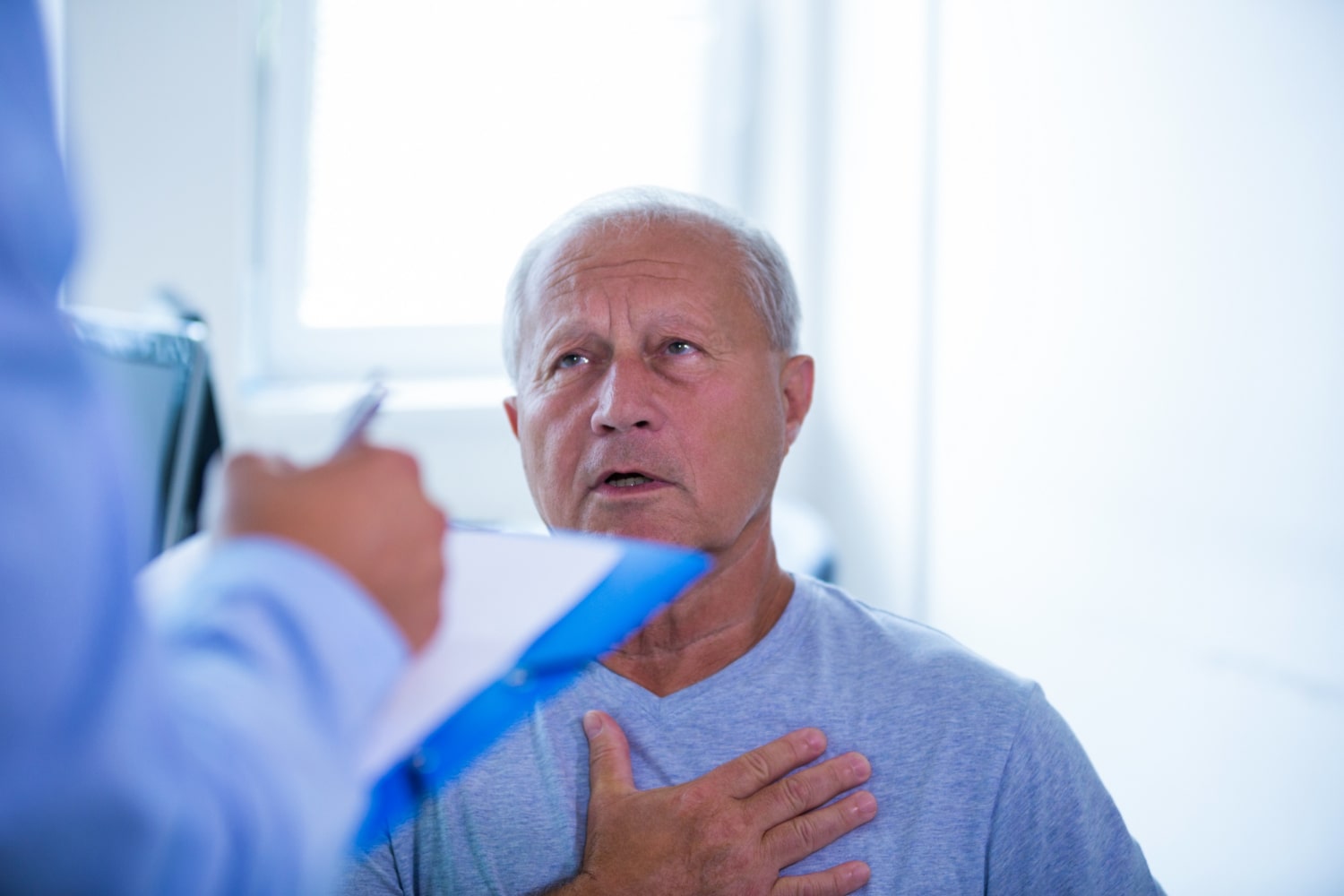The question of what causes lung cancer is frequently researched due to the increasing incidence of this type of cancer. Despite the rising prevalence of this condition, which affects the lungs responsible for respiration, advancements in treatment options have also improved recovery rates. So, what causes lung cancer, and what should be considered? Here are the details.
What Causes Lung Cancer? What Are the Symptoms?
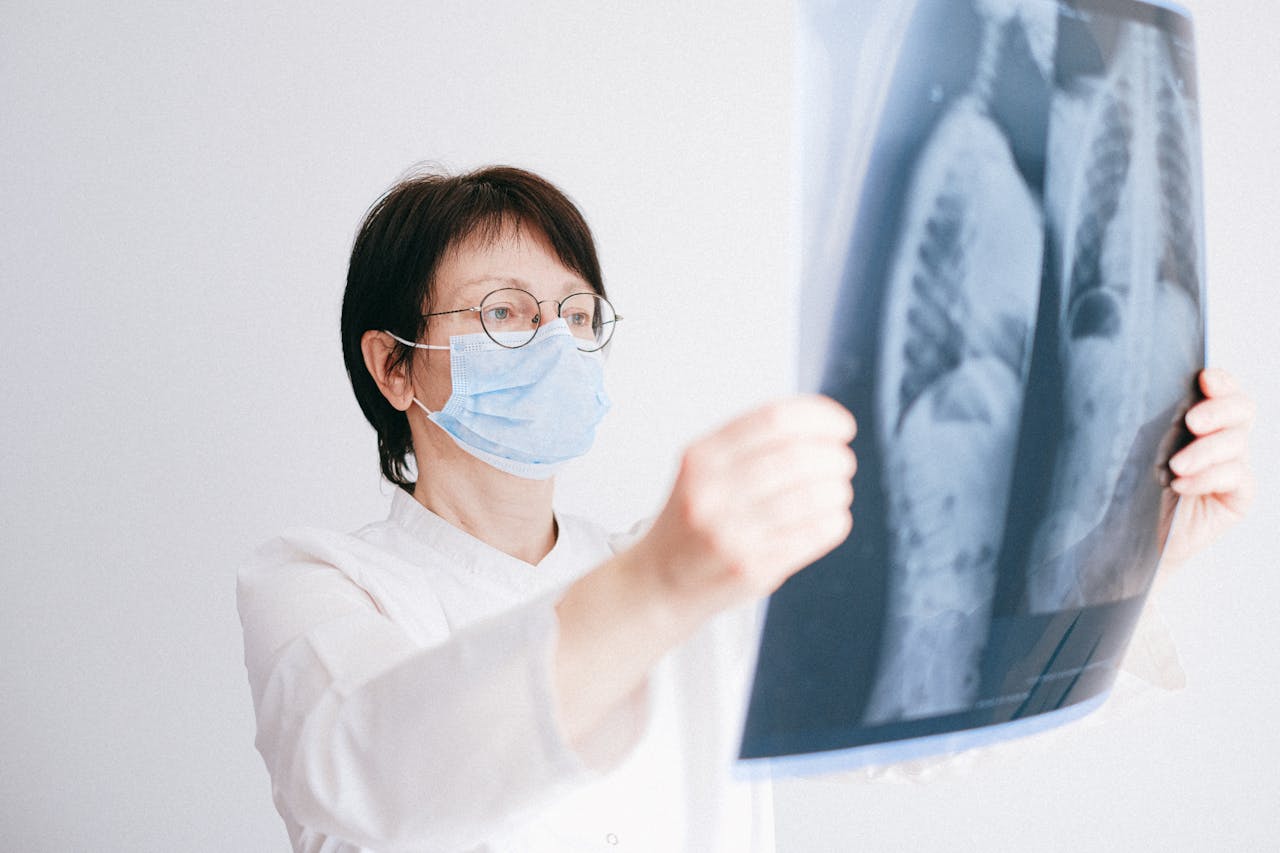
Alongside the question of what causes lung cancer, another point of interest is the symptoms. In the first two stages of lung cancer, symptoms are generally not apparent. In fact, some symptoms may be mistaken for illnesses like colds or the flu and thus ignored. However, as the disease progresses, these symptoms worsen, leading to noticeable changes in bodily functions. You can refer to the table below for general information about these stages.
| Stage | Description |
|---|---|
| 1st Stage | The disease is still very new and does not show any symptoms. It is detected during routine check-ups. |
| 2nd Stage | The cancer has not yet spread to the lymph nodes but is very close to the diaphragm or chest wall. |
| 3rd Stage | The cancer has progressed locally. |
| 4th Stage | The cancer has become dangerous, forming metastases. |
1 – What Causes Lung Cancer? Symptoms of Stage 1
The stages of lung cancer are critical for determining the progression of the disease and establishing the appropriate treatment plan. Therefore, these stages are just as important as the question of what causes lung cancer.
In the first stage of lung cancer, symptoms are barely noticeable. However, the following symptoms should still be considered:
- Persistent cough
- Coughing up blood
- Difficulty breathing
- Constant chest pain
- Frequent lung infections
Under such circumstances, undergoing necessary screenings is essential for early detection of the disease. Moreover, working with a skilled doctor throughout the treatment process provides an advantage. In Turkey, Professor Dr. Semih Halezeroğlu is a leading name in lung surgery. You can consult him directly to gain insights into the early signs of lung cancer.
2 – Symptoms of Stage 2
In this stage, the disease carries a risk of spreading to the lymph nodes. Symptoms seen in the first stage become more pronounced. During this stage, both the causes of lung cancer and treatment methods are critical. Surgical procedures, chemotherapy, and radiotherapy options are considered at this stage.
3 – Symptoms of Stage 3
The questions of what causes lung cancer and the chances of survival become central concerns after a diagnosis. Modern medical advancements have made early-stage treatments highly effective. However, it is important to remember that several factors influence recovery. Symptoms of stage 3 lung cancer include:
- Persistent cough and chest pain
- Difficulty swallowing
- Fatigue
- Unexplained weight loss
4 – Symptoms of Stage 4
This is the most advanced stage of the disease, where individuals experience severe health issues. Symptoms of stage 4 lung cancer include:
- Increased difficulty breathing
- Severe fatigue
- Organ failure
- Significant weight loss
During this stage, efforts are focused on improving the patient’s quality of life.
Causes of Lung Cancer
 The question of what causes lung cancer cannot be answered with a single factor. Multiple elements contribute to its development. The main causes of lung cancer include:
The question of what causes lung cancer cannot be answered with a single factor. Multiple elements contribute to its development. The main causes of lung cancer include:
- Smoking or exposure to secondhand smoke
- Use of tobacco products
- Inhalation of chemical substances
- Air pollution
- Progression of lung infections
- A history of lung cancer
1 – Smoking or Exposure to Secondhand Smoke
Smoking is the primary answer to the question of what causes lung cancer. The chemicals in cigarettes damage lung cells. In individuals diagnosed with lung cancer who smoke, the following factors are critical:
- The age they started smoking
- The duration of smoking
- The number of cigarettes smoked daily
Quitting smoking significantly reduces the growth of lung nodules and the likelihood of developing lung cancer.
2 – Use of Tobacco Products
Individuals who use tobacco products like cigars and pipes are at a higher risk of lung cancer compared to non-users. Passive smokers are also at significant risk, emphasizing the importance of avoiding environments where tobacco products are used.
3 – Inhalation of Chemical Substances
Exposure to chemicals like asbestos is another factor in the question of what causes lung cancer. These substances break into small particles, adhere to clothing, and can enter the lungs when inhaled, increasing cancer risk by damaging lung cells.
4 – Air Pollution
Air pollution is a significant factor in lung cancer, particularly in industrial areas and large cities. Inhaling carcinogenic particles in polluted air heightens the risk of lung cancer.
5 – Progression of Lung Infections
Existing lung diseases should be treated seriously. Routine check-ups and adherence to medication schedules are essential. Studies indicate that individuals diagnosed with conditions like tuberculosis are at a higher risk of developing lung cancer.
6 – A History of Lung Cancer
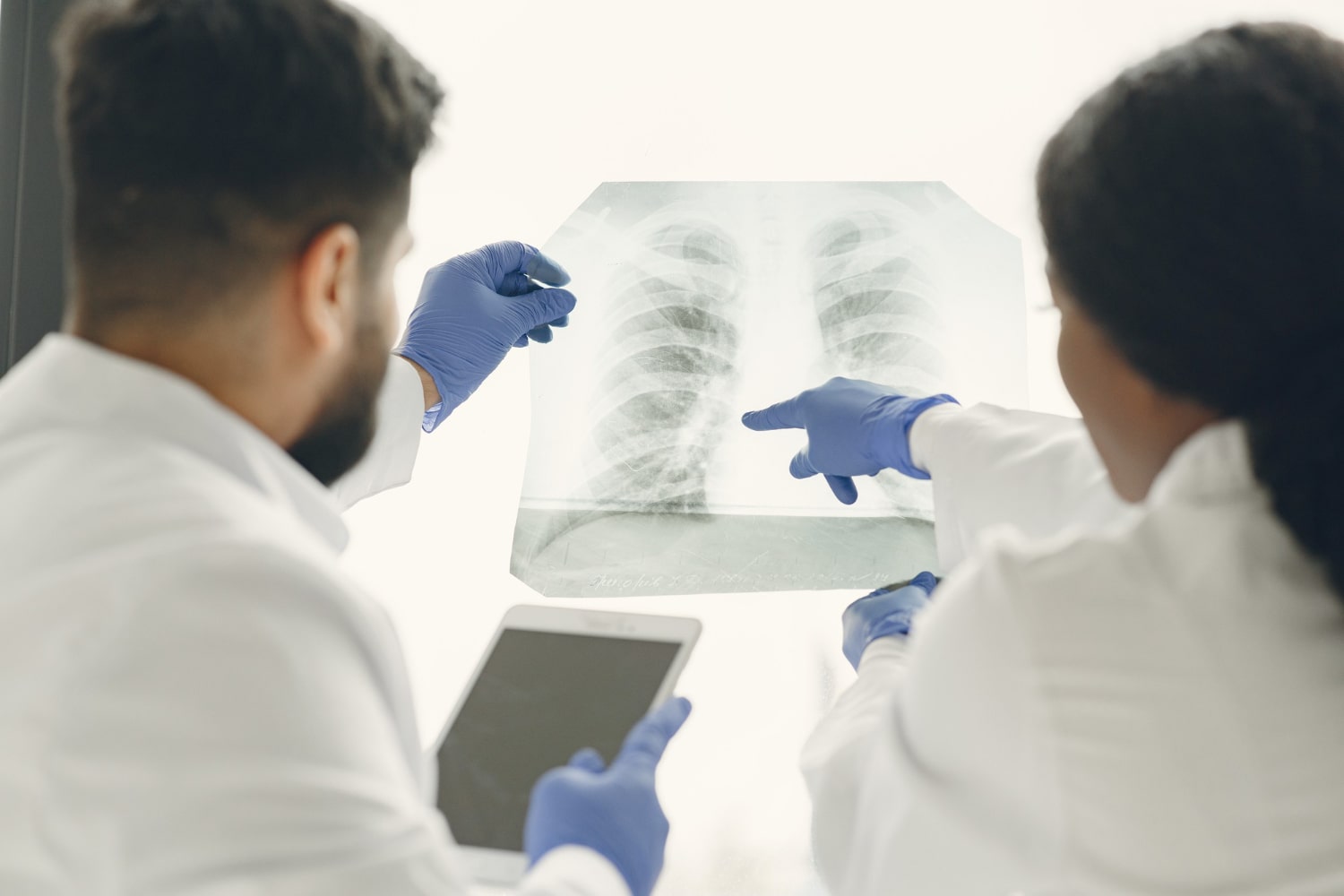 Individuals who have previously had lung cancer are more likely to experience recurrence compared to those who have never had the disease. Precautions include:
Individuals who have previously had lung cancer are more likely to experience recurrence compared to those who have never had the disease. Precautions include:
- Quitting smoking and avoiding tobacco products
- Consulting a specialist for lung infections
- Regular check-ups
- Avoiding secondhand smoke
Frequently Asked Questions
Below are answers to frequently asked questions related to what causes lung cancer:
1 – Does Lung Cancer Cause Death?
Lung cancer is one of the types of cancer that can lead to mortality. However, early diagnosis and advancements in medical science have significantly increased recovery rates.
2 – What Are the 9 Most Subtle Symptoms of Lung Cancer?
These symptoms include persistent cough, hoarseness, recurring chest infections, fatigue, wheezing, difficulty breathing, chest and shoulder pain, weight loss, and coughing up blood.
3 – Is There a Treatment for Lung Cancer?
With early diagnosis and advancements in treatment options, the likelihood of successful treatment has increased.
4 – How Does Lung Cancer Start?
Early symptoms of lung cancer include facial swelling, hoarseness, swollen lymph nodes, fatigue, high fever, unexplained weight loss, deformities in the fingers, dizziness, and difficulty swallowing.
5. Who Is Most at Risk for Lung Cancer?
People living in industrial areas or large cities, smokers, those exposed to chemical substances, and individuals with a history of lung cancer are at higher risk. Regular check-ups and taking necessary precautions are vital for these individuals.
